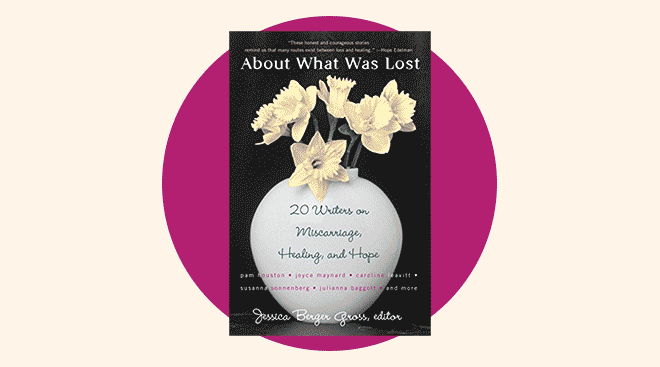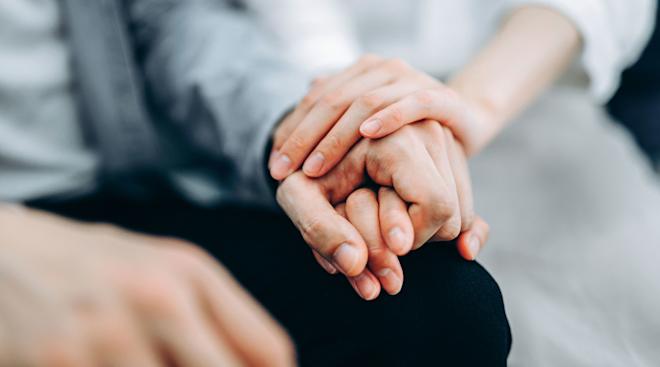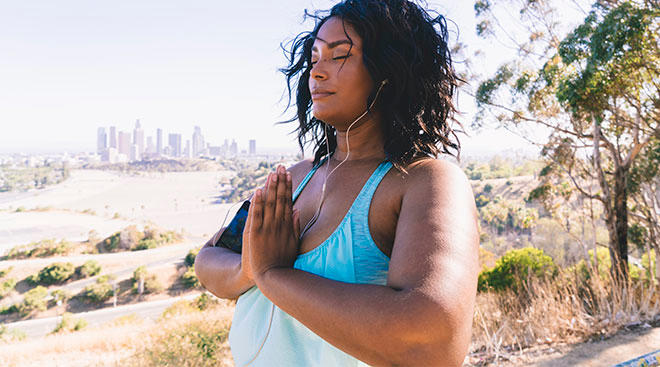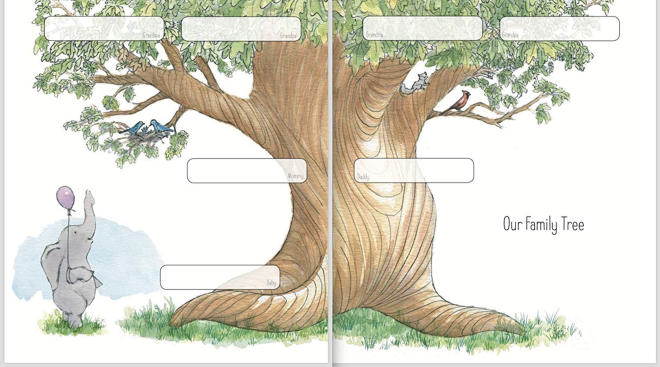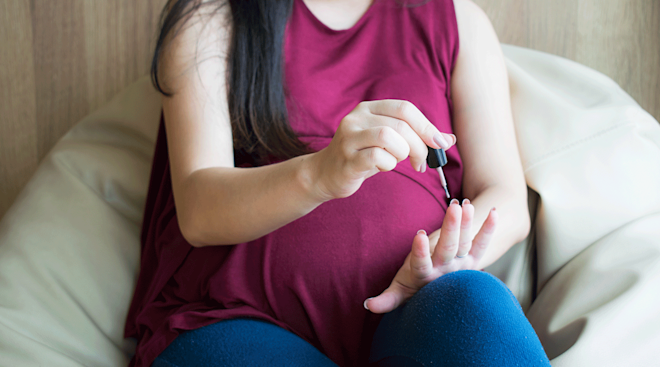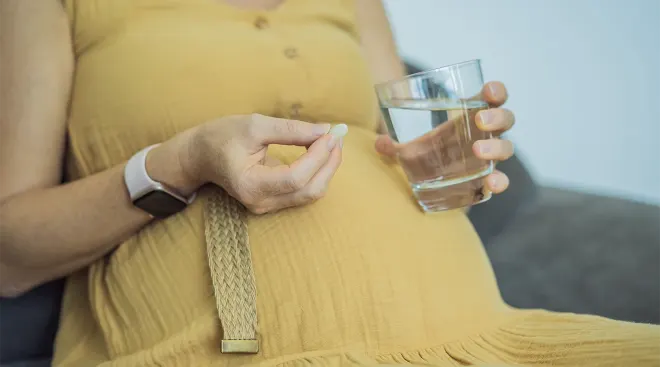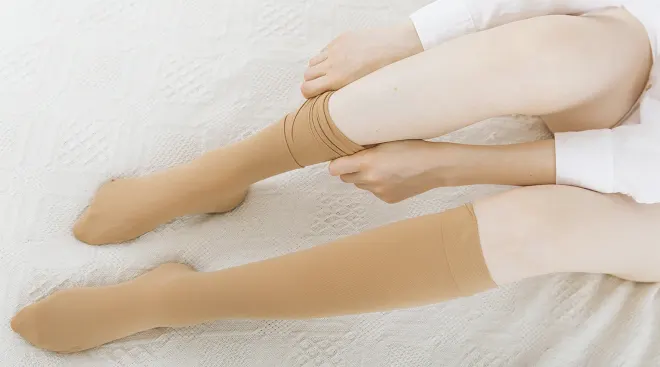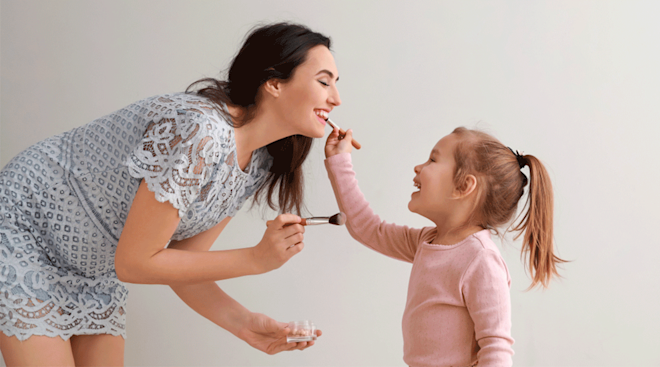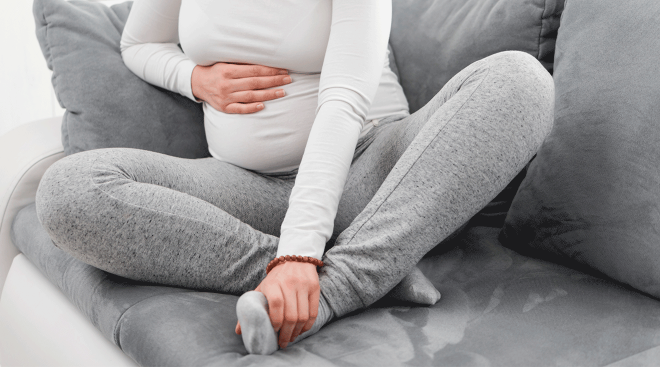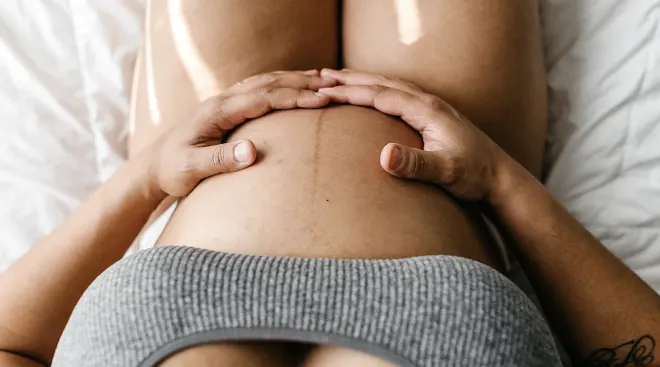How to Support a Friend Who’s Had a Miscarriage
For all the information out there about how to support and congratulate someone who’s newly pregnant, there isn’t much guidance on what to do or say when someone close to you experiences a miscarriage. How do you handle it? What should you say? Even more complicated are the cases where you didn’t even know the couple was expecting. Just remember that a miscarriage is still a loss, no matter how early it happens.
In December of 2017, I was stunned to find out I was expecting twins in a pregnancy that was already a complete surprise. But no sooner had my husband and I wrapped our heads around adding twins to our brood of three at home, a follow-up ultrasound confirmed that I had miscarried one of the babies. Even with the happiness that came with having one surviving child, the loss was still difficult. And I found it even more disappointing when no one really acknowledged it at all.
It being my fourth pregnancy, and one that was unplanned to start with, for the most part I was able to take the loss in stride. But for many women, a miscarriage is an emotional roller coaster. Not only do you have the rush of intense emotions that come with a positive pregnancy test (whatever those emotions may be), but then it’s all ripped away in an instant with the onset of a miscarriage. It’s a lot to process.
So how can you support a friend who has experienced a miscarriage? Here are a few helpful things to do or say, as well as some things that are best avoided.
It’s smart to let the couple experiencing the miscarriage take the lead (some are deeply devastated, others less so), but it’s generally a good idea to acknowledge the miscarriage and validate their emotions. While you may be well meaning in avoiding the topic—perhaps you’re afraid of causing more sadness, or you’re not sure what to say—ignoring the fact can be even more hurtful. “The best thing that someone can do when a loved one has experienced a miscarriage is to just show up, ask how they’re doing and let them share openly,” says Victoria Tarbell, a licensed mental health counselor in Oneonta, New York. “If someone doesn’t want to talk about it, they’ll let you know. Even if that’s the case, they’ll most likely appreciate the fact that you cared enough to ask.” Suggest grabbing coffee or taking a walk together, and offer a listening ear or a hug.
The last thing anyone wants to do when they’re feeling down is tend to the daily grind of chores, like laundry and meal planning. Don’t underestimate how helpful pitching in with those things can be. Lindsay Alvut, a licensed mental health counselor specializing in infertility and perinatal mental health, says, “Offer to drop off a meal for them. Depending on your relationship, you could offer to help out around the house or pick up some of their typical duties at work so they can focus on their physical and emotional health.”
Another great way to show you’re thinking of them is to send a card—and no one does miscarriage cards as well as Dr Jessica Zucker. She’s an LA-based psychologist who developed a line of supportive cards after suffering a miscarriage of her own. Her cards are raw and have a knack for saying just the right thing to let the grieving parent know you care.
While supporting someone through a miscarriage isn’t a typical gift-giving occasion, you may find yourself wanting to offer a small token of remembrance. This pea in a pod necklace is a touching way to acknowledge a triplet or twin loss, like mine. (I bought one right away and opted for a pearl in pink for my surviving daughter, and a white one for the baby whose gender we don’t know.) Or consider a miscarriage comfort box from Three Little Birds, an infant loss support program. It comes stocked with chamomile tea, a journal, bracelet, memorial candle and a packet of forget-me-not flower seeds they can plant to always remember their baby.
Nowadays it’s possible to find out the sex of the baby in the first trimester, so the parents may have already picked out a name for the child. If they share what the name was, definitely use it! It’s a powerful way to acknowledge the existence and loss of the baby. My loss occurred too early for us to find out the sex or pick a name, but I would have loved to have known if I was mourning the loss of a boy or girl and would have selected a name. It’s a small way to make the whole thing that much more concrete.
You might be tempted to leave your friend off the guest list for kid-related events in hopes of sparing their feelings. But Cheryl Fork, whose own miscarriage experience prompted her to launch Fork and Melon, a line of clean personal care items, says that may actually have the opposite effect. “Don’t exclude them from baby/kid-related activities,” she says. “It’s super-painful to feel like you’re being excluded from social activities because of what you’ve gone through. If something like this is coming up, gently let them know it’s happening while acknowledging it may be difficult for them, and be understanding if they decide to attend or not attend.”
It can be easy to fill awkward silences with what may seem like comforting notions to help explain or soften the loss, they often often just make things worse. After my miscarriage, people actually said to me, “Well, I guess twins just wasn’t meant to be.” And no, I didn’t find it helpful. “At least you can get pregnant,” “it was God’s will” and “everything happens for a reason” are some other common phrases that are best left unsaid.
The same goes for advice that your friend hasn’t asked for. While offering suggestions may seem helpful, it can inadvertently make your friend feel like they’ve done something wrong and cause them to blame themselves. “Don’t try to fix the situation or give them advice,” Fork counsels. “If you have actual advice that may help them in their fertility journey in the future, wait until they’re ready to hear it. It’s perfectly okay to ask if they want to hear it or wait until they’re in a better place.”
Published July 2019
Please note: The Bump and the materials and information it contains are not intended to, and do not constitute, medical or other health advice or diagnosis and should not be used as such. You should always consult with a qualified physician or health professional about your specific circumstances.
Navigate forward to interact with the calendar and select a date. Press the question mark key to get the keyboard shortcuts for changing dates.

































